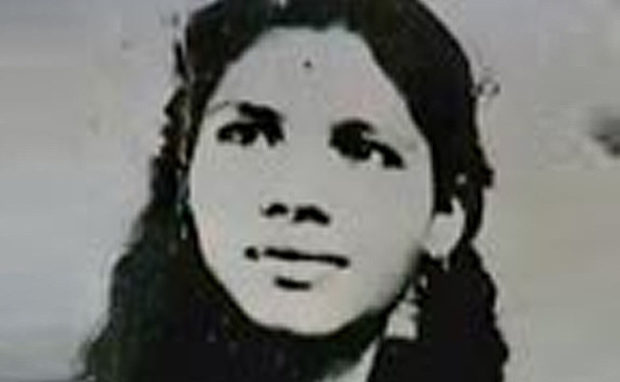India allows passive euthanasia
India’s top court on March 9 delivered a landmark judgment permitting passive euthanasia to terminally ill patients on life support.
The Supreme Court also allowed people to draw up what it termed “living wills” on how they would like to be treated if critically sick. The judges ruled that the right to die was a fundamental right under Article 21 of the Indian Constitution and that it would approve advance “living wills”.
The 538-page ruling allows adult patients in their consciousness, or families of patients suffering from a terminal illness and in a vegetative state, to withdraw life support and hasten the end.
The bench comprising Chief Justice of India Dipak Misra and Justice A M Khanwilkar said, “The purpose and object of advance medical directive is to express the choice of a person regarding medical treatment in an event when he loses the capacity to take a decision. The right to execute an advance medical directive is nothing but a step towards protection of aforesaid right by an individual.”
However, the court disallowed active euthanasia or administration of a lethal drug to cut short life. “No one is permitted to cause death of another person including a physician by administering any lethal drug even if the objective is to relieve the patient from pain and suffering”, it ruled.
A Mumbai-based couple, who had approached the President of India seeking permission for active euthanasia, are not satisfied with the Supreme Court judgement.
The Indian Express reported that Narayan, 88, and Iravati, 78, both leading a healthy life have wished for assisted suicide. They are driven by the satisfaction of having lived a happy life and they fear losing the other.
“We’re not fully satisfied with the Supreme Court’s judgment. People above the age of 75 should be given this right. They can verify the details of these people from the police and doctors. The government should come up with a policy,” the couple told ANI.
The ruling draws from the Aruna Ramchandra Shanbaug vs Union Of India & Ors (March 7, 2011) case. Shanbaug, a nurse, had been sexually assaulted in a Mumbai hospital in 1973 and had slipped into a permanent vegetative state. The brain-damaged and paralysed Shanbaug remained in that state for 42 years. Her death sparked a national debate over euthanasia.
The 2011 judgement had put the onus on doctors to petition to withdraw life support, under the supervision of the courts. Earlier, all forms of euthanasia were illegal in India.
There have been a number of requests for active euthanasia by Indians – all rejected by courts and authorities.
In 2008, Jeet Narayan, a resident of the north Indian state of Uttar Pradesh had written to the then Indian President Pratibha Patil seeking permission to end the lives of his four bed-ridden, paralysed children. The president had rejected the plea. In 2013, Dennis Kumar, a porter from Tamil Nadu, sought permission from authorities to end the life of his infant son, who had been suffering from a congenital disorder. The plea was rejected by a court, the BBC reported.















